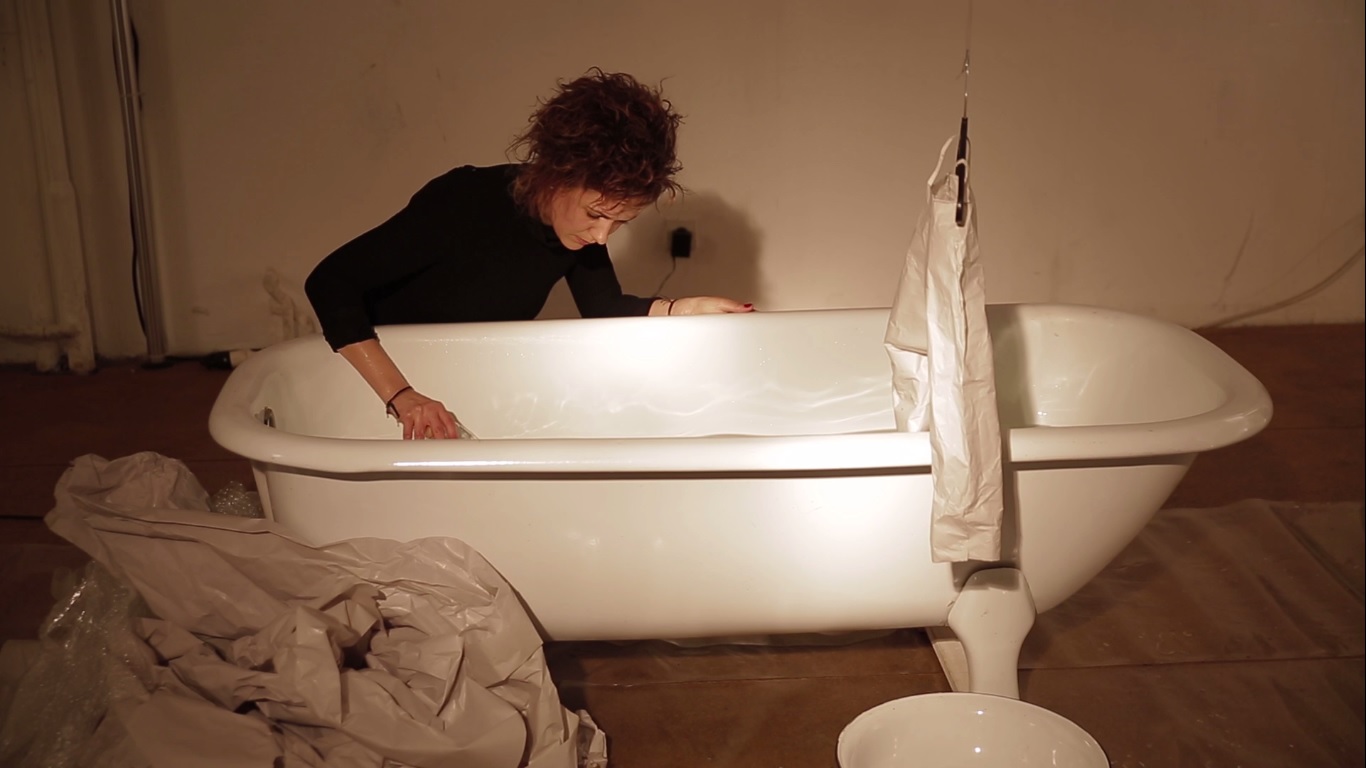
The Lettrétage is an anchor-institution of the independent literature scene in Berlin. This means that we:
- provide free spaces for evening events, such as readings, performances, or panel discussions.
- offer free spaces for daytime use, such as writing groups, editorial meetings, or workshops
- take care of the technical aspects and beverages for evening events and assist in promoting the events.
- organize free professional consultations for those involved in writing, translating, editing, or organizing literature.
- host the “Industry Meetup: Literature” once a year. Those professionally engaged in literature can find like-minded individuals for exchange and networking.
- initiate projects that explore ways to innovate and redefine literature.







